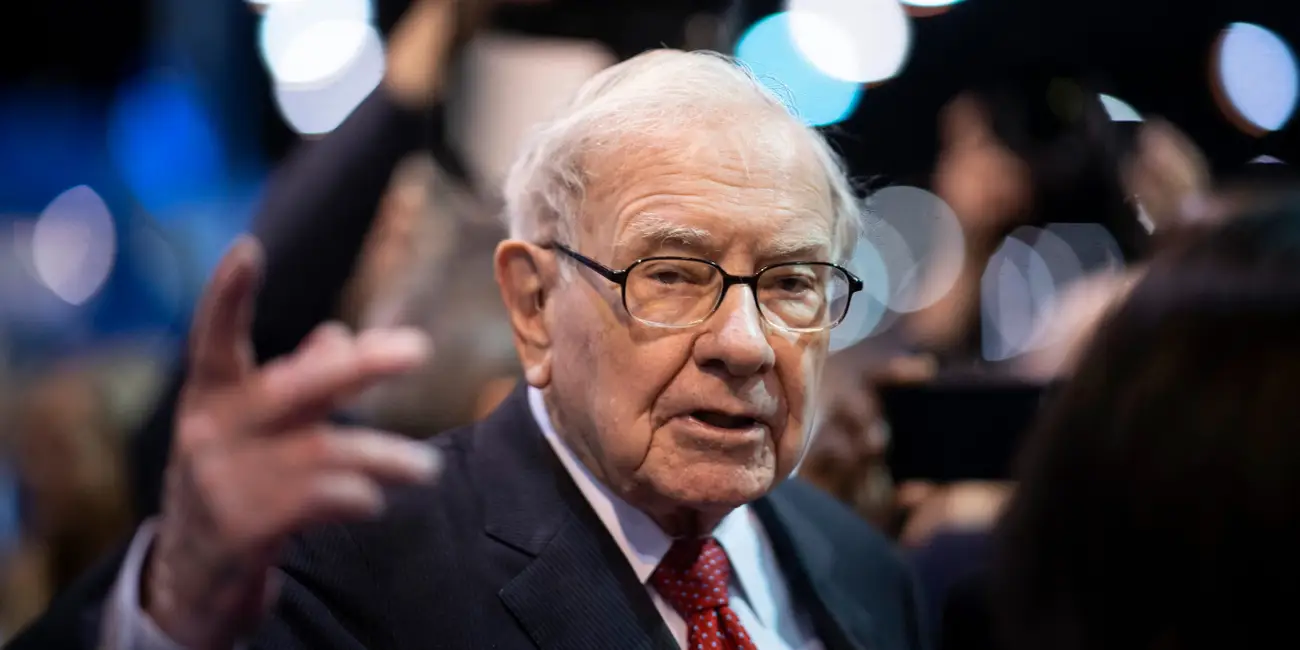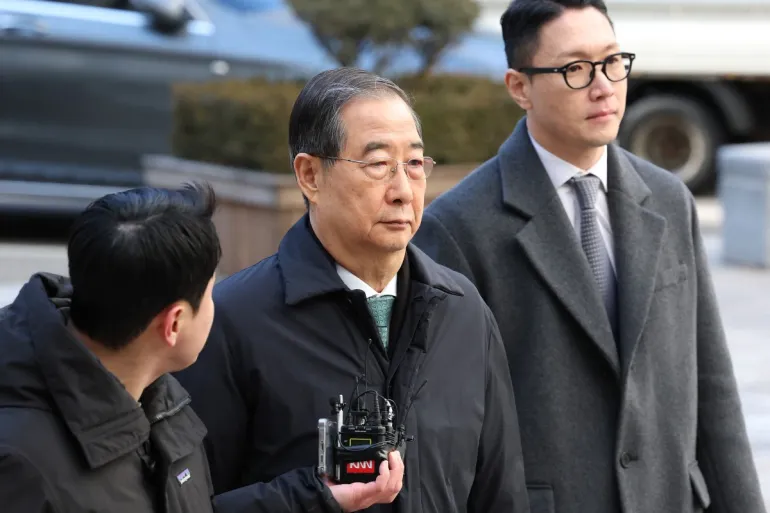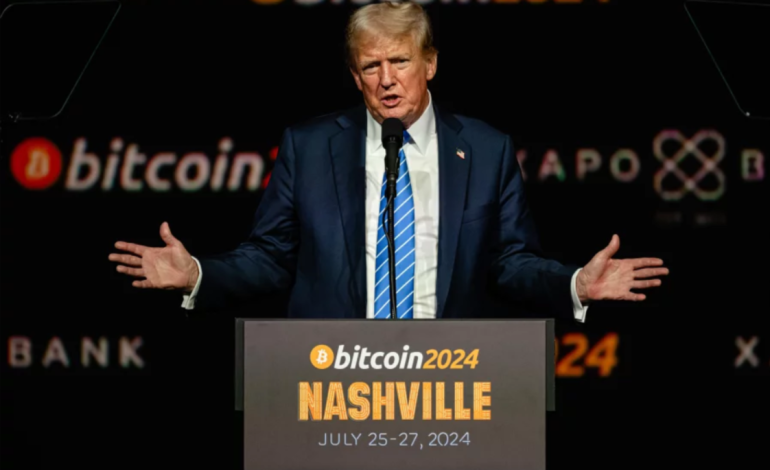A dramatic transformation is underway in the US financial sector as the Trump administration moves to fully embrace cryptocurrencies, marking a sharp departure from previous federal policy, NPR reports.
From regulatory agencies to the White House, the shift signals a new era for digital assets—one that is welcomed by industry advocates but raising concerns among consumer protection groups.
Cryptocurrency, once associated with fringe investors and illicit activities, is now moving toward the financial mainstream. Bitcoin recently crossed the $100,000 threshold for the first time, and Coinbase—one of the largest crypto exchanges—will soon join the S&P 500, a milestone that underscores growing acceptance of the industry.
Coinbase’s Chief Policy Officer, Faryar Shirzad, called the move “a historic moment for the industry,” noting that the company’s inclusion in the index signals increasing recognition from traditional financial markets.
A cornerstone of the Trump administration’s pro-crypto stance has been the reshaping of financial oversight. The Securities and Exchange Commission (SEC), once known for its aggressive enforcement against crypto under former Chair Gary Gensler, has begun scaling back such efforts. Gensler, who likened the crypto sector to the pre-Depression era of unregulated finance, resigned earlier this year. His replacement, Paul Atkins, has overseen key changes, including dropping a high-profile lawsuit against Coinbase.
Critics argue these moves weaken investor protections.
“It’s akin to letting crypto run wild,” said Corey Frayer, Director of Investor Protection at the Consumer Federation of America and a former SEC staffer.
He expressed concern that years of regulatory groundwork had been undone in a matter of months.
Despite the pullback in enforcement, regulators have not abandoned oversight entirely. The founder of Celsius Network, a crypto lending platform, was recently sentenced to 12 years in prison for fraud and market manipulation—highlighting ongoing legal consequences for bad actors in the space.
President Trump’s administration is not only shaping crypto policy but is also personally intertwined with the sector. Trump himself launched a meme coin known as $TRUMP shortly before his inauguration. Though its value has fluctuated significantly, interest surged after he announced an exclusive dinner event for top holders of the coin. The move has sparked debate over whether financial support via crypto could be used to curry political favor.
The Trump family’s involvement extends beyond collectibles. His sons have ties to ventures seeking partnerships with major crypto firms and foreign investors. Eric Trump recently participated in the Token 2049 crypto conference in Dubai, underscoring the family’s active role in the space.
Supporters argue that the administration is positioning the US to lead globally in digital finance. The recent inclusion of a Bitcoin-linked ETF by investment giant BlackRock has added further legitimacy, enabling broader public participation in crypto markets.
However, critics warn of parallels to the 2008 financial crisis.
“You have these predatory instruments advertised as innovations,” said Frayer. “At the end of the day, they blow up, and the average American is left holding the bag.”
Consumer advocates worry that loosening regulations could create systemic risks, particularly if speculative investments become embedded in retirement portfolios or traditional financial institutions.










The latest news in your social feeds
Subscribe to our social media platforms to stay tuned